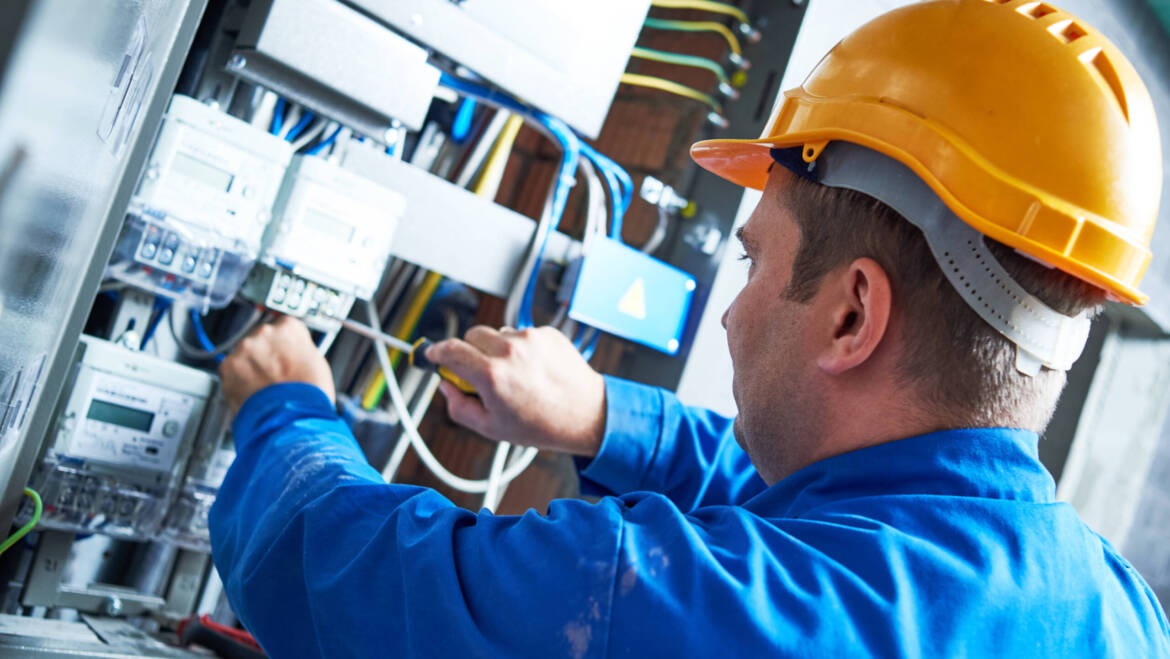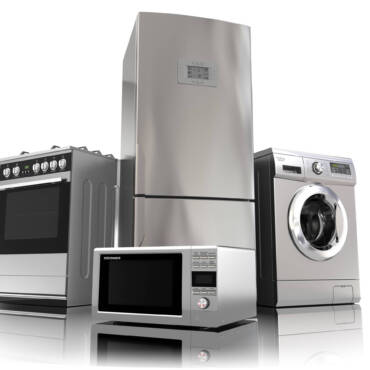The Expanding Commercial Generator Installation Marketplace
Commercial generator installation jobs are significantly larger and more complex than residential ones. They require a much sturdier foundation, larger fuel tanks, and more intricate wiring to integrate with your building’s electrical system.
As a business owner, minimizing downtime is crucial. You should discuss timeline requirements with the dealership to ensure installation is completed efficiently, with minimal disruption to your operations. Your installer will provide clear information and coordinate with any other contractors if necessary.
When discussing your needs with a dealership, be prepared to provide information about your building’s electrical requirements. Include electrical load calculations and specific needs. This will help your local commercial generator dealership design and install a suitable system for your operations.
Remember that power requirements for commercial buildings vary significantly. Important factors include the size of your building, the nature of business operations, and types of equipment and machinery used.
Moreover, a deeper dive into why some commercial buildings have higher power demands and specific needs is warranted.
Requirements and Needs for a Commercial Generator Installation
Commercial generator installation projects are typically larger and more complex than installations at residential homes. Commercial buildings house a variety of spaces, including offices, retail, warehouses, manufacturing facilities, data centers, and other industry related businesses. Each of these spaces have different electricity requirements based on their function, business model, and the equipment they contain.
Heating, ventilation, and air conditioning are probably the most significant power-consumption systems in commercial buildings. HVAC maintain comfortable temperatures and air quality, especially in large spaces with high occupancy levels.
Large commercial buildings usually also have extensive lighting systems that provide adequate illumination for various work tasks. Depending on the purpose of the building, lighting may include overhead fixtures, project lighting, emergency lighting, and exterior lighting. Energy-efficient lighting such as LED fixtures help reduce electricity consumption but still requires significant power, especially in commercial spaces.
Many businesses rely on specialized machinery and equipment to carry out their operations. This includes manufacturing equipment, commercial kitchen appliances, computer servers, printing presses, medical equipment, and other machines. These machines usually have high power demands and may require uninterrupted power to prevent damage or productivity losses.
Additionally, many critical systems require uninterrupted power for safety reasons. These systems include fire alarms, security systems, elevators, emergency lighting, communications, and life support equipment in health care facilities. A standby generator ensures these critical systems remain operational during power outages, protecting both the occupants and assets.
Another crisis category is electrical fluctuations throughout the day, or during peak periods of operation. Retail stores may have higher energy usage during business hours. On the other hand, a manufacturing facility may experience spikes in power demand during production cycles. A properly sized standby generator must be able to handle these fluctuations.
Regulations, Rules, Codes, Compliance, and Safety
Commercial generator installation involves a more complex dance with regulations and permits compared to residential setups. Your local dealership is prepared to handle many of these items for you and help you navigate the process.
Commercial buildings must adhere to specific building codes and safety standards related to electrical systems and emergency preparedness. These regulations dictate requirements for standby power systems, including generator sizing, installation practices, fuel storage, and maintenance procedures. You should work with a generator installation dealership that is knowledgeable about these codes. An honest, respectable dealer can ensure compliance throughout the entire installation process.
The permitting process involves submitting an application, plan review, obtaining permits, navigating utility interconnection rules, and possibly meeting environmental considerations. Your generator dealership will submit an application package to the city planning department. This includes detailed plans for the generator location, foundation, fuel storage, electrical connection, and transfer switch. The planning department reviews the application for compliance with safety codes, which might involve inspections at the proposed site.
Once the plans are approved, you’ll receive permits for construction and eventually the electrical work. Permit fees may apply. Your utility company can help you understand its interconnection requirements in the application process. At this point, some business owners should expect another round of inspections and fees depending on your utility provider.
For larger commercial generators, obtaining air quality permits from state or local environmental agencies might be necessary. Your generator dealership can advise and guide you through the entire process.
Expanding to Meet Commercial Generator Installation Demand
Lately, the demand for commercial generator installation is on the rise compared to several years ago, driven by several factors. These include business continuity, critical infrastructure needs, extreme weather events, and a local aging power grid infrastructure.
From Nevada to Wisconsin and other states, manufacturers are expanding production lines and facilities to meet the growing market need. Developments in fuel efficiency, emissions control, and remote monitoring are making generators attractive to small, medium, and large businesses alike.
In late 2023, Generac Power Systems proposed a 320,000-square-foot manufacturing complex in Beaver Dam, Wisconsin. It will help the company meet rapidly growing demand for its industrial generators. The new site will also help the company “shape the future of industrial power generation,” a Thomas Net report states.
Moreover, manufacturers are also introducing a wider range of generator models with varying capacities, fuel types, and features. They are increasingly developing new technologies to cater to a diverse array of business needs. These developments go beyond automatic transfer switches, which seamlessly switch power from the utility grid and back during an outage. Minimizing downtime has become the name of the game for all types of companies and small businesses.
So has convenience. Remote monitoring systems allow for real-time monitoring of generator performance, fuel levels, and maintenance needs from a remote location. Also, today’s emission standards ensure cleaner-burning generators have a much lower environmental impact.
Recently, Generac announced the launch of an advanced engineering center in Reno, Nevada, according to Yahoo Finance. “This new facility is focused on developing and testing various clean energy solutions, including batteries, switches, and power electronics. Generac aims to innovate and assess new product lines at this location, emphasizing clean energy and residential energy storage solutions.”
Finding the Right Partner: An Experienced Dealership
Make sure you choose a dealership well-versed in commercial generator installation and local regulations. The dealership will send a technician to assess your building’s needs, available space for the generator, and fuel source options.
Based on the assessment, they’ll recommend a generator size and model that meets your power needs and budget. Your dealership will handle most of the permitting process, but it’s good to understand the timeline and intricacies involved. Discuss options for expediting permits if possible. While a commercial installation takes longer than residential, a qualified dealer will prioritize efficiency.
Discuss scheduling a potential lead-time for equipment. Additionally, factor in permitting timelines when planning your process from start to finish. Obtaining all necessary permits can take several weeks. Your application should be detailed. A clear and thorough application package with all required information can expedite the review process by your local planning department.
Ask your generator dealership about financing options. Many business owners spread the cost of their new generator over time with dealership financing plans. Ask about preventative maintenance plans to ensure your generator functions optimally over the long term.
By understanding these differences and taking a proactive approach, you can achieve a smoother installation process. Remember, prioritizing qualified dealerships experienced in commercial installations is key to a successful and timely outcome.
W. Danley Electrical
At W. Danley Electrical, we stand out in the world of commercial generator installation. We assist you throughout the entire process. We help prepare you for your installation, as well as obtaining permits, inspections, and assisting with repair and maintenance. At W. Danley Electrical, we also help you optimize and fine-tune your situation to determine the correct generator size. Get the most out of your investment.


